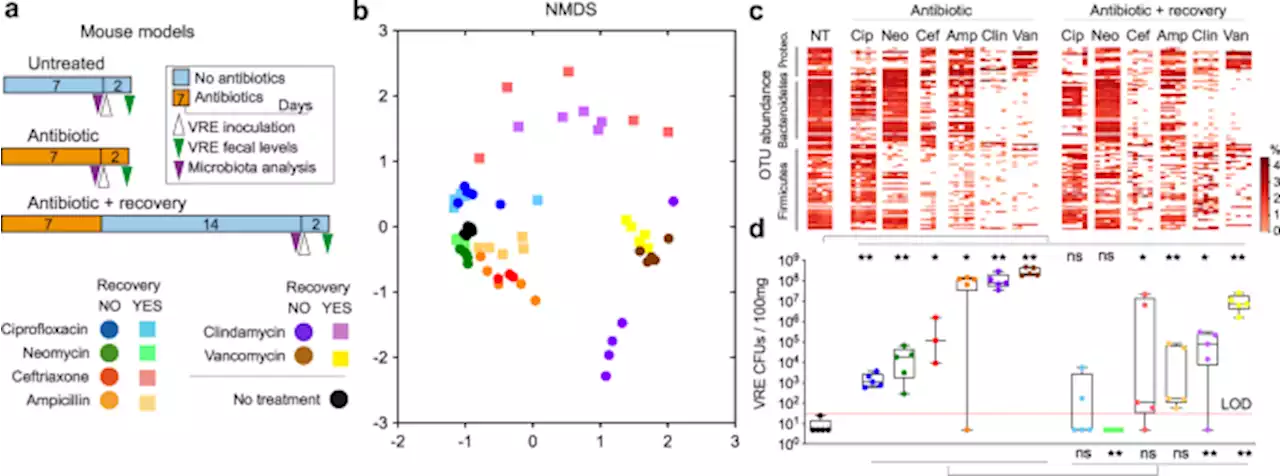Identifying intestinal microbiota bacteria that protect against antibiotic-resistant pathogens NatureComms
. A faecal sample was retrieved before the VRE inoculation and conserved at −80 °C to determine the microbiota composition. Two days after VRE inoculation, VRE counts were determined by plating serial dilutions of collected faecal and caecum samples in Gelose BEA plates containing 8 µg/ml of vancomycin and 10 µg/ml of ampicillin . We refer to this medium as BEA-AV plates along the present work.
Animal experiments: Test the inhibitory effect of commensal bacteria against VRE intestinal colonization
United States Latest News, United States Headlines
Similar News:You can also read news stories similar to this one that we have collected from other news sources.
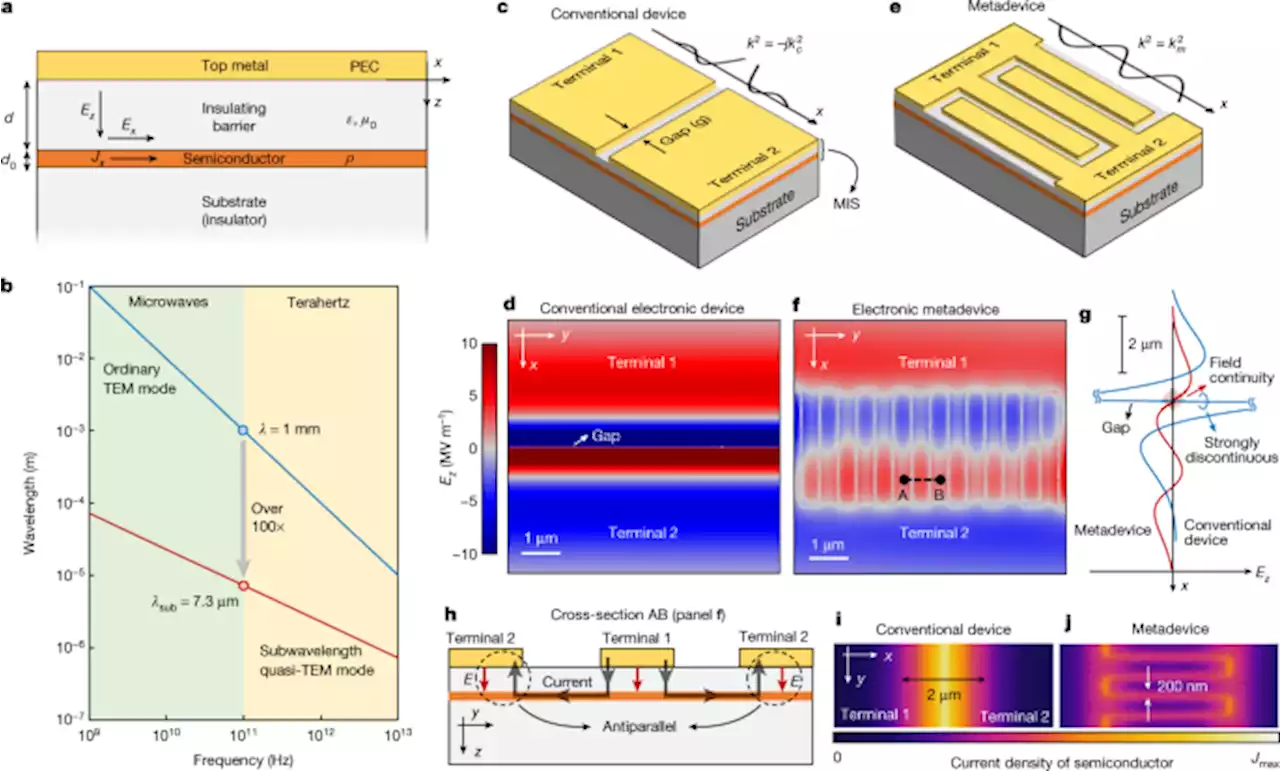 Electronic metadevices for terahertz applications - NatureThrough microscopic manipulation of radiofrequency fields, a new class of compact terahertz devices is proposed, setting the stage for next-generation ultrafast semiconductor electronics.
Electronic metadevices for terahertz applications - NatureThrough microscopic manipulation of radiofrequency fields, a new class of compact terahertz devices is proposed, setting the stage for next-generation ultrafast semiconductor electronics.
Read more »
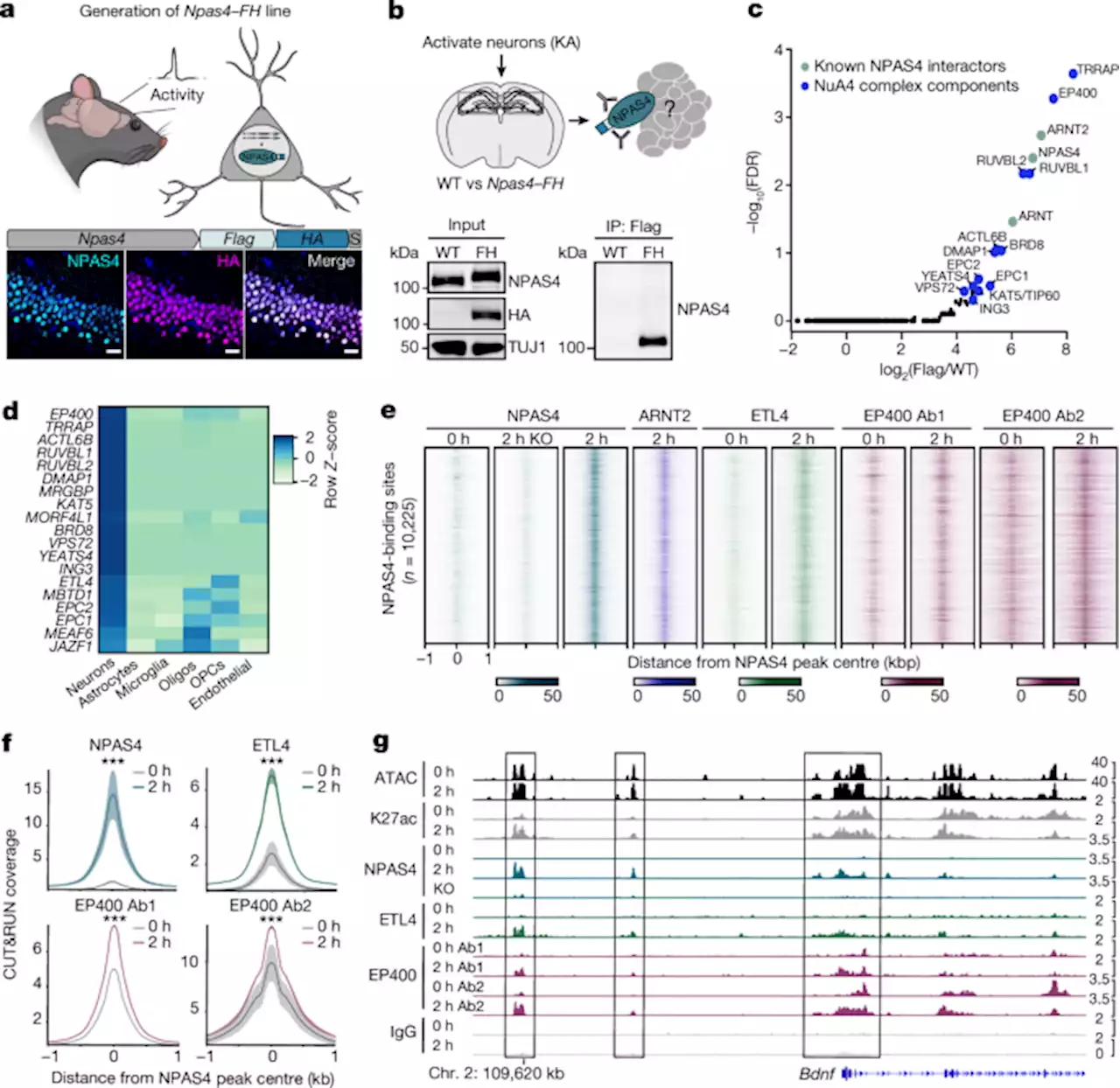 A NPAS4–NuA4 complex couples synaptic activity to DNA repair - NatureA neuron-specific activity-dependent DNA repair mechanism is identified, the impairment of which may lead to neurodevelopmental disorders, neurodegeneration and ageing.
A NPAS4–NuA4 complex couples synaptic activity to DNA repair - NatureA neuron-specific activity-dependent DNA repair mechanism is identified, the impairment of which may lead to neurodevelopmental disorders, neurodegeneration and ageing.
Read more »
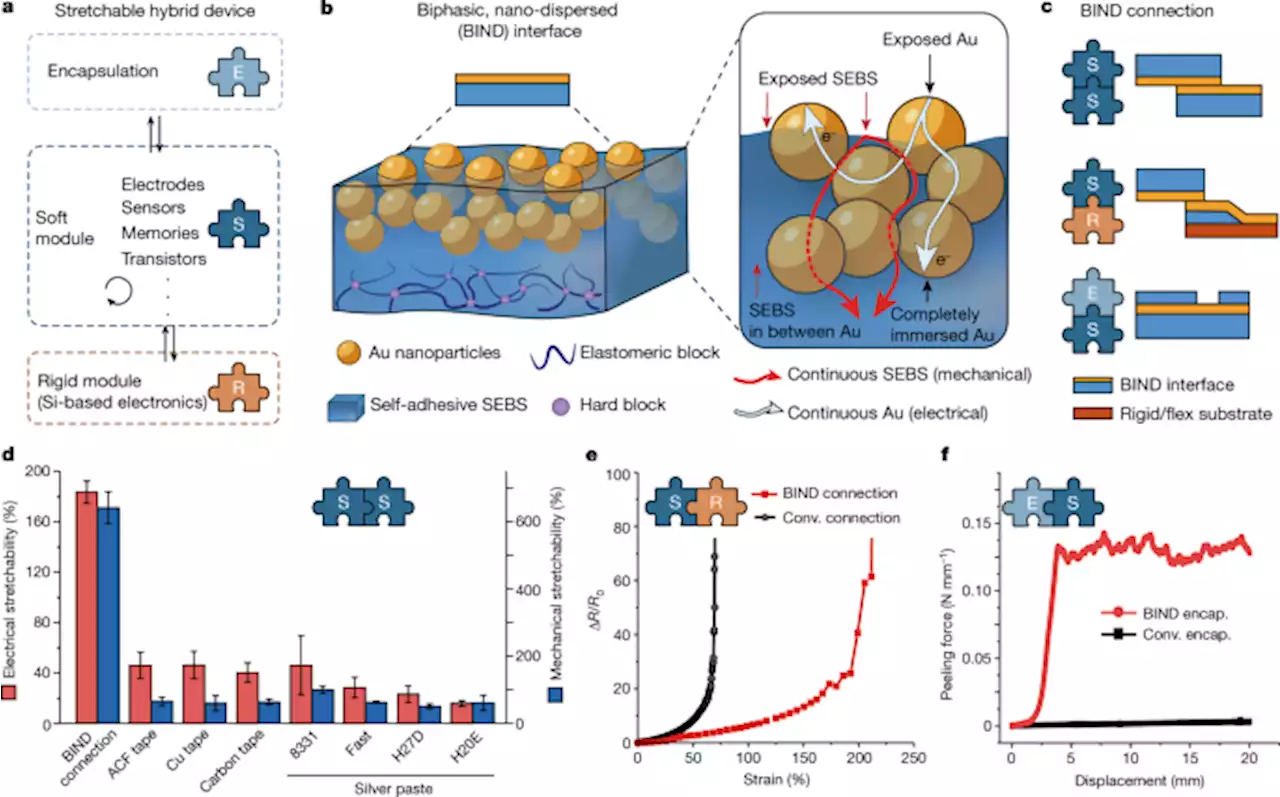 A universal interface for plug-and-play assembly of stretchable devices - NatureA universal interface connects soft, rigid and encapsulation modules together to form robust, stretchable devices in a plug-and-play manner by pressing without using pastes, which will simplify and accelerate development of on-skin and implantable devices.
A universal interface for plug-and-play assembly of stretchable devices - NatureA universal interface connects soft, rigid and encapsulation modules together to form robust, stretchable devices in a plug-and-play manner by pressing without using pastes, which will simplify and accelerate development of on-skin and implantable devices.
Read more »
Controlled growth of perovskite layers with volatile alkylammonium chlorides - NatureNature research paper: Controlled growth of perovskite layers with volatile alkylammonium chlorides
Read more »
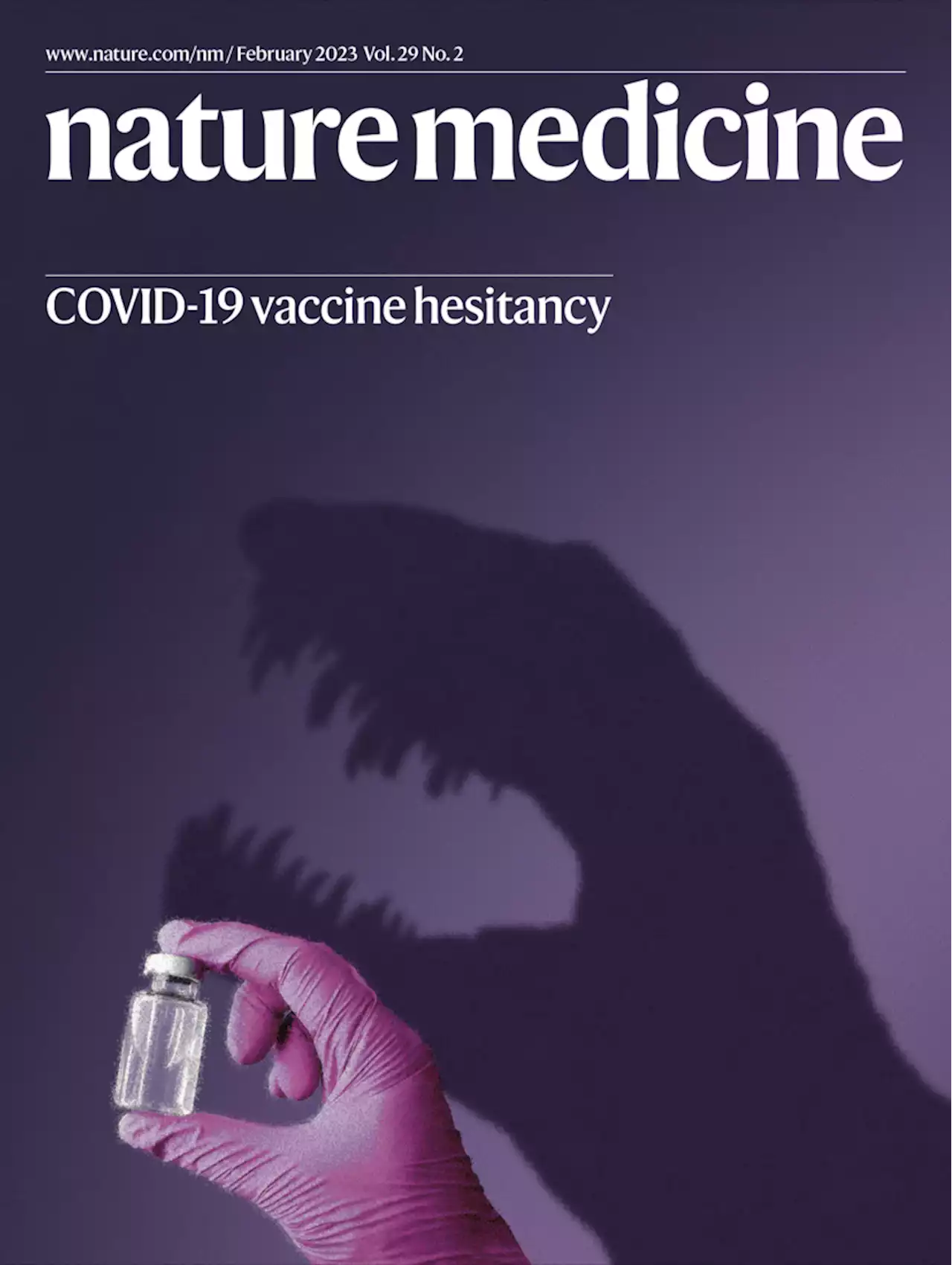 Nature Medicine - COVID-19 vaccine hesitancy⚡ Our February issue is live! With research, news and opinions covering COVID19 vaccine hesitancy, CRISPR gene editing, precision diabetes, NASH, cancer clinical trials and much more. Check it out here:
Nature Medicine - COVID-19 vaccine hesitancy⚡ Our February issue is live! With research, news and opinions covering COVID19 vaccine hesitancy, CRISPR gene editing, precision diabetes, NASH, cancer clinical trials and much more. Check it out here:
Read more »
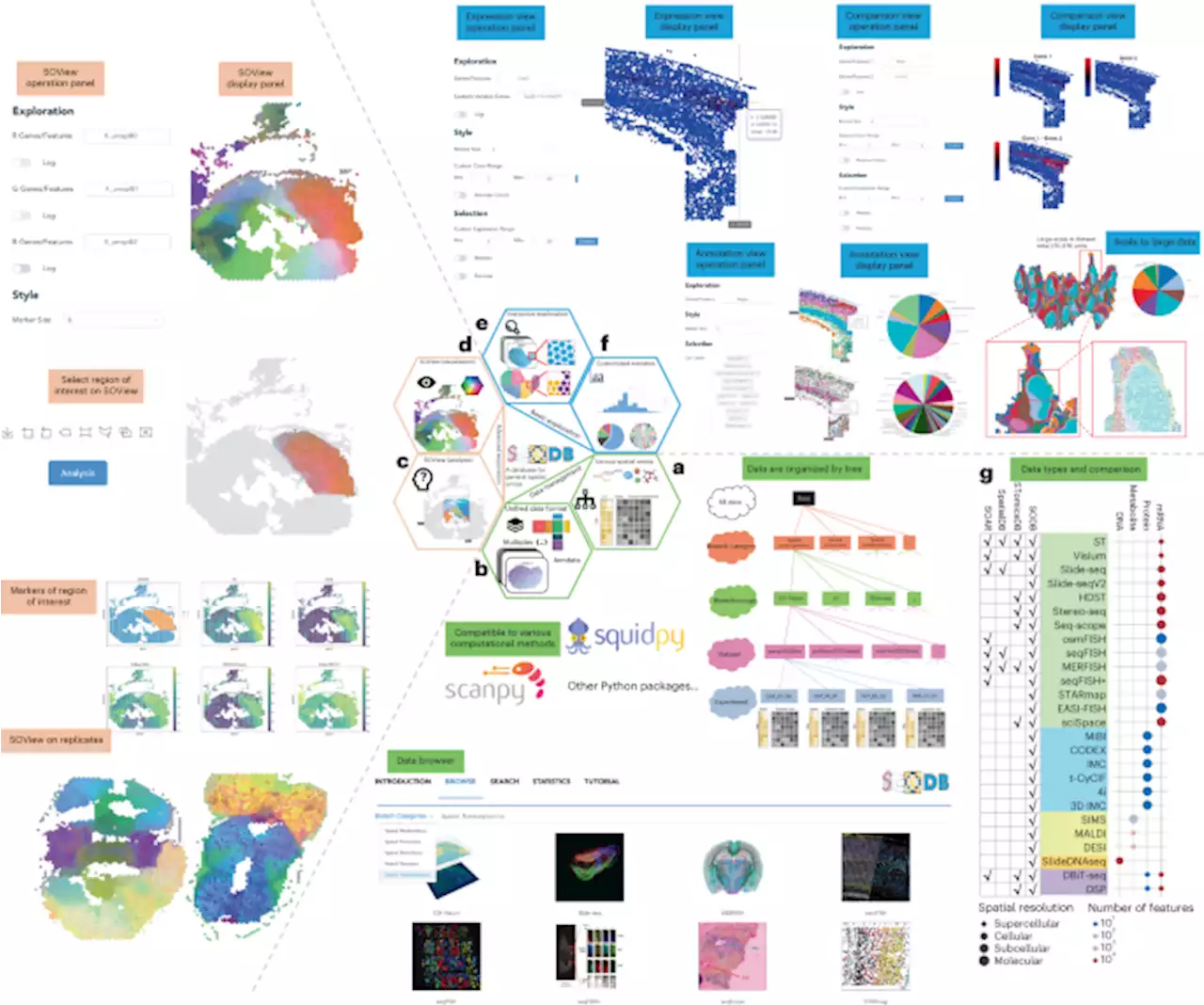 SODB facilitates comprehensive exploration of spatial omics data - Nature MethodsSpatial Omics DataBase (SODB) is a web-based platform for sharing and analyzing |25 types of spatial omics data. SODB promotes data reuse, offers novel visualization tools and can streamline development of omics analysis tools.
SODB facilitates comprehensive exploration of spatial omics data - Nature MethodsSpatial Omics DataBase (SODB) is a web-based platform for sharing and analyzing |25 types of spatial omics data. SODB promotes data reuse, offers novel visualization tools and can streamline development of omics analysis tools.
Read more »
